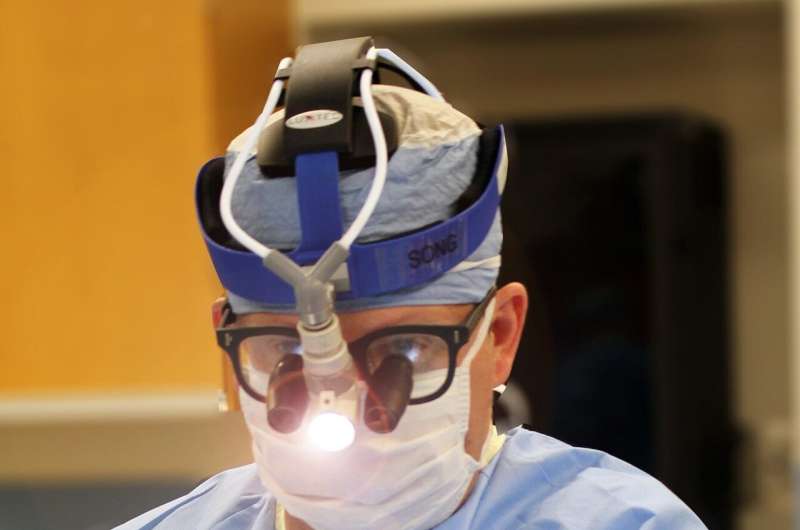Advancements in In Utero Brain Surgery for Vein of Galen Malformation Show Promising Results

Recent breakthroughs in fetal embolization show promising results in treating vein of Galen malformation, reducing mortality and improving neurodevelopmental outcomes in high-risk fetuses.
Building on the success of the initial in utero brain surgery for vein of Galen malformation (VOGM) reported in 2023, recent findings published in JAMA provide further evidence supporting the potential of fetal embolization as a viable treatment option for this complex condition.
VOGM is the most prevalent type of congenital vascular abnormality in the brain, characterized by abnormal arteries connecting directly to a central vein instead of supplying the brain tissue. This abnormal blood flow results in high-pressure, high-volume blood entering the veins, which significantly increases the risk of fetal mortality, heart failure, brain injury, and neurodevelopmental delays if left untreated.
To improve outcomes, a team at Boston Children's Hospital developed a fetal embolization technique aimed at reducing blood flow through the malformation without causing complete blockage. A clinical trial was initiated, and the results from their first successful procedure were published in Stroke in 2023.
The recent JAMA report details the outcomes of the first seven patients enrolled in this trial. The fetal intervention was successfully completed in five of these cases. Traditionally, such high-risk fetal cases have an estimated 90% mortality rate with standard postnatal care, and only about 9% of infants would reach developmental milestones by six months of age. Remarkably, the new approach reduced mortality to 43%, with three of the five treated infants surviving past the neonatal period, exhibiting healthy neurodevelopment without signs of delay.
Additionally, most of the enrolled pregnancies were preterm, with deliveries occurring unexpectedly shortly after the intervention—primarily around three days post-procedure. Four out of seven patients required unscheduled deliveries, including three preterm births.
Darren Orbach, MD, Ph.D., Co-Director of the Cerebrovascular Surgery and Interventions Center at Boston Children's Hospital, emphasized, "These early results demonstrate that fetal embolization for VOGM is feasible, appears safe, and might effectively improve survival rates. However, a comprehensive trial is necessary to establish definitive efficacy and safety." The research team plans to continue investigating this innovative approach, carefully weighing the benefits of reduced mortality against risks such as preterm delivery and associated complications.
This development signifies a promising step forward in treating fetal vascular brain malformations, with ongoing research promising further advancements in fetal neurosurgery.
Source: https://medicalxpress.com/news/2025-08-utero-brain-surgery-vein-galen.html
Stay Updated with Mia's Feed
Get the latest health & wellness insights delivered straight to your inbox.
Related Articles
Guselkumab Shows Promising Results in Treating Crohn's Disease with Superior Efficacy in Clinical Trials
Clinical trials show guselkumab outperforms existing treatments in promoting intestinal healing and symptom relief in Crohn's disease, offering new hope through targeted IL-23 inhibition.
Understanding the Fight Against Multiple Sclerosis
Explore the latest insights into multiple sclerosis, including causes, risk factors, and emerging strategies to improve patient outcomes in this ongoing research area.
Elevated Homocysteine Levels Linked to Aortic Stiffness and Cardiovascular Risk
New research links elevated homocysteine levels to increased aortic stiffness, revealing a novel risk factor for cardiovascular disease and highlighting the importance of blood vessel health management.



